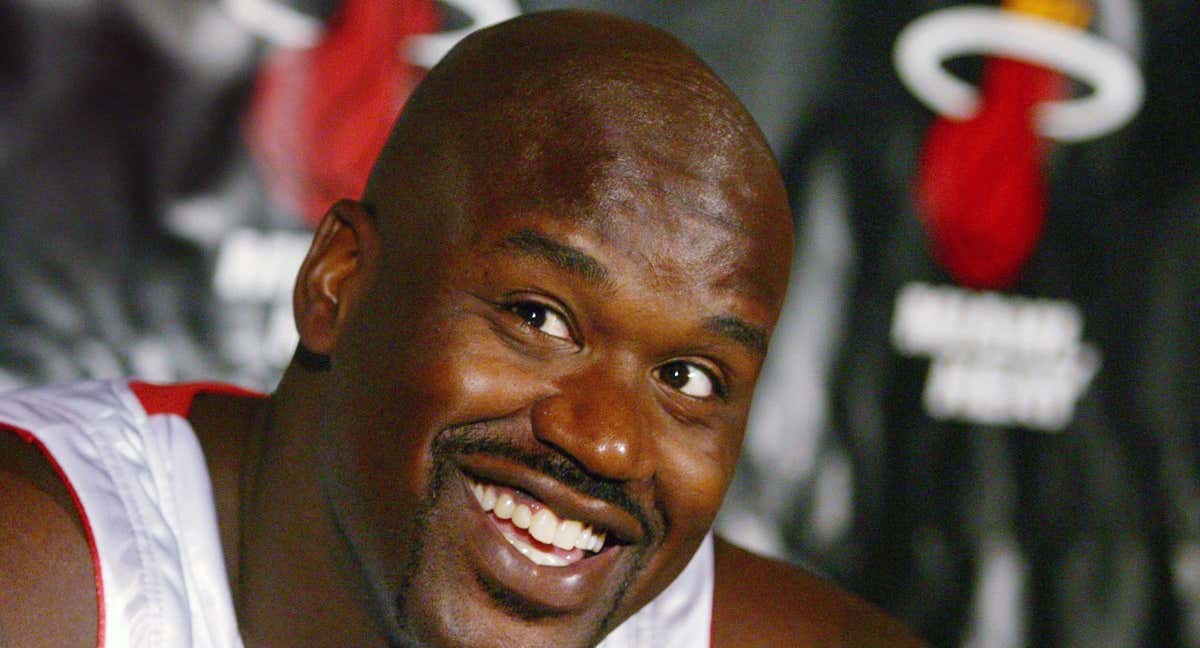Warner Bros. Discovery has reached an agreement to resolve its lawsuit with the NBA and, on the other hand, has reached an agreement with Disney to license the popular program “Inside the NBA” to ESPN.
The Wall Street Journal announced these two independent news stories this Saturday but they are both connected with the new NBA television agreement.
With an estimated value of 76 billion dollars and an eleven-year extension, the NBA has signed this new television agreement with The Walt Disney Company (ABC and ESPN), NBCUniversal and Amazon Prime Video.
The pact left out Warner Bros. Discovery, an emblem of the NBA since 1988 through the TNT channel and the “Inside the NBA” space with former players. Charles Barkley, Shaquille O’Neal and Kenny Smith and host Ernie Johnson Jr.
After learning of the agreement, Warner Bros. Discovery sued the NBA, alleging that they matched Amazon Prime Video’s economic offer but that the league ignored its right of first refusal.
That dispute was finally resolved with an agreement that, for example, will allow Warner Bros. Discovery to have the international rights to the NBA in territories such as Latin America – excluding Mexico and Brazil – and Northern Europe.
Also, Warner Bros. Discovery will be able to broadcast NBA content through its digital platforms Bleacher Report y House of Highlights.
In any case, Warner Bros. Discovery will lose the rights to broadcast matches in the US as stipulated in the new agreement with Disney, NBC and Amazon.
On the other hand, Warner Bros. Discovery and Disney have reached an agreement so ESPN can exploit the “Inside the NBA” brand.
It is not known if the four stars of that program They will make the jump from TNT to ESPN under this agreement.
In addition, Disney will transfer the rights to part of the college football and basketball competition to Warner Bros. Discovery.
How does the legal dispute between Warner Bros. Discovery and the NBA highlight the challenges broadcasters face in securing sports broadcasting rights in a competitive market?
Welcome to our world-today-news.com interview! Today, we have two esteemed guests, Roger Bell, a sports lawyer, and Sarah Johnson, a professor of sports management, to discuss the recent legal settlement between Warner Bros. Discovery and the NBA, as well as the licensing agreement between the two companies for the popular program “Inside the NBA”.
Roger, can you provide some background on the legal dispute between Warner Bros. Discovery and the NBA? What were the key issues that led to the lawsuit?
Roger Bell: Sure, Warner Bros. Discovery sued the NBA accusing them of ignoring their right of first refusal when negotiating a new television agreement. They claimed that they had matched Amazon Prime Video’s economic offer to acquire the NBA rights but were left out of the final deal. The dispute centered around the valuation of the NBA’s international and digital assets and ultimately led to the recent settlement.
Sarah, what do you think are the implications of this settlement for both parties involved? How does it affect the future of sports broadcasting and licensing agreements?
Sarah Johnson: The settlement is very significant for both parties as it not only resolves a legal dispute but also opens up new opportunities for them to collaborate in the future. For Warner Bros. Discovery, they are able to retain some rights to the NBA internationally and on their digital platforms. This demonstrates the value of these assets and shows that broadcasters are willing to pay for them. On the other hand, the NBA has successfully concluded a historic television deal worth $76 billion with Disney, Amazon Prime Video, and NBCUniversal. It sets a new precedent for sports leagues in terms of negotiating power and revenue generation.
Moving on to the licensing agreement between Warner Bros. Discovery and ESPN, Roger, what do you make of this development? Does it signal a shift in power dynamics in sports broadcasting?
Roger Bell: This is certainly an interesting development. The agreement allows ESPN to exploit the “Inside the NBA” brand, which has been a staple on TNT for years. It shows that even when broadcasters are losing rights to major sporting events, they can still find ways to stay relevant by securing popular programming and personal


